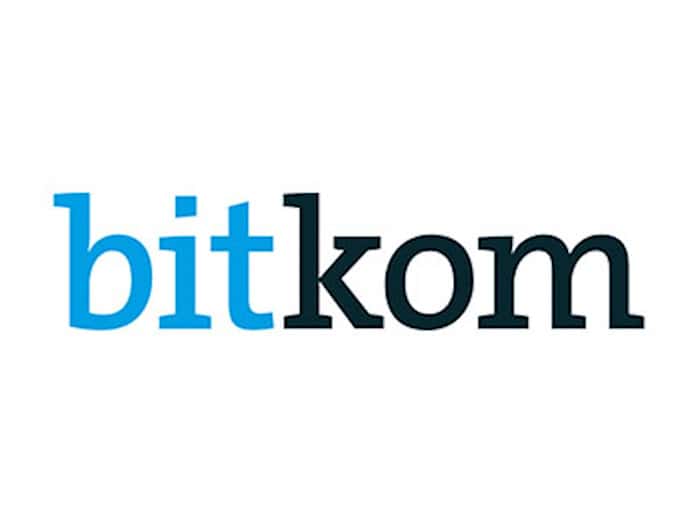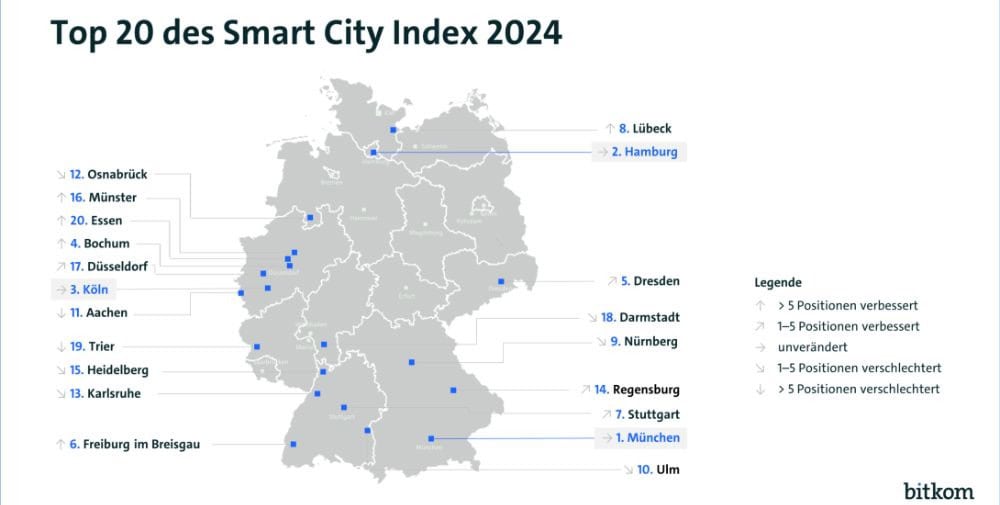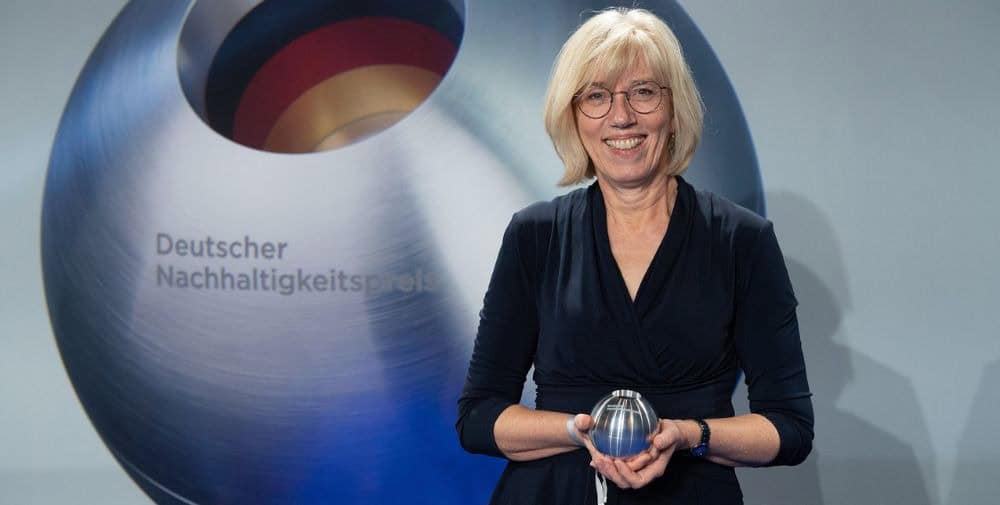
Bochum (4th place, previous year: 11th), Freiburg im Breisgau (6th place, previous year: 14th) and Lübeck (8th place, previous year: 19th) also made it into the top ten cities this year, while Aachen (11th place, previous year: 5th), Osnabrück (12th place, previous year: 7th) and Karlsruhe (13th place, previous year: 10th) fell out of the top 10. These are the results of the Smart City Index, which the digital association Bitkom surveyed for the sixth time this year. Munich achieved 88.3 out of a possible 100 points (up 3.8 points). Hamburg improved by 2.3 points from 83.9 to 86.2 points, but the gap to first place is widening. Cologne remains in third place (unchanged at 83.2 points), securing the top position in the digital administration category for the first time. Once again, the top 10 are moving closer together. While there were still 3.5 points between 4th and 10th place in the previous year, the gap is now only 2.5 points. And cities are becoming more digital overall: while 76.6 points were enough for a top 10 ranking in 2023, 79.8 points are now required.
“Germany’s cities are getting smarter. Even though there has been no change in the top three places in the Smart City Index this year, we are seeing great momentum within the ranking. It is striking that it is no longer just the winning cities that achieve the top scores in the individual categories, but that cities such as Düsseldorf, Ingolstadt and Berlin are genuine digitalization pioneers in individual areas despite their weaker performance in the overall ranking,” says Bitkom President Dr Ralf Wintergerst. “We are seeing some big leaps forward in individual cities. That shows: Every city can become a real smart city. It is also a good sign that not only the very large metropolises are among the top-ranked cities.”
Smart City Index makes the hidden champions visible
Some cities have strengths in individual areas, even if they do not achieve a top position in the overall ranking. The Smart City Index also makes these hidden champions visible. For the first time this year, there are different winning cities in all five categories, most of which are not in the top 10. Düsseldorf (17th overall) is top in the area of society and education in 2024, having been in second and third place in the two previous years. Ingolstadt, in 23rd place in the overall ranking, takes first place in the Energy and Environment category – last year, the city did not even make it into the top ten in this category. And Berlin, which only came 28th in the overall ranking, secured first place in the mobility category. With 100 points, the German capital is the first city ever to achieve full marks in all indicators in one category. However, two cities from the top 3 are also at the top in one category each: Cologne (3rd overall) achieves the top position in the Digital Administration category for the first time, while Munich (1st overall) defends its top position in IT and Communication. However, other cities also performed significantly better in individual categories than in the overall ranking. Bergisch Gladbach, for example, only came 62nd in the overall ranking, but 10th in the energy and environment category. Gelsenkirchen came 46th overall, but the city achieved a respectable 5th place in IT and communication. Hanover, 41st in the overall ranking, came 8th in the mobility category, and Herne came 14th in the society and education category, even though it only came 42nd overall.
“If we want more digital infrastructure and digital administrative services, then we need to prioritize established digital solutions. The federal and state governments have been funding individual lighthouses and pilot municipalities for years, but far too little reaches the wider area. If every city has to or wants to reinvent the digital wheel, we won’t really get anywhere in Germany,” says Wintergerst. “This also means that the smart city needs to be permanently financed as part of the municipal infrastructure and not just individual projects that eventually run out of money.” Bitkom is also calling on politicians to ensure the implementation and financing of the Smart City step-by-step plan adopted in June in a timely manner. “There are also very specific, simple measures that would help cities a lot. In particular, we should initiate framework agreements for smart city solutions so that each municipality does not have to negotiate on its own, for which it often lacks both expertise and personnel.”
Cities in Baden-Württemberg, Bavaria and Saxony perform particularly well on average
As in previous years, cities in Baden-Württemberg (74.1 points, 2023: 68.1 points), Bavaria (72.2 points, 2023: 66.5 points) and Saxony (71.8 points, 2023: 67.3 points) performed significantly better than average in the Smart City Index when looking at the performance of the major cities from the various federal states. Rhineland-Palatinate (68.1 points, 2023: 62.7 points) and North Rhine-Westphalia (66.2 points, 2023: 61.1 points) are in the midfield. In Hesse (64.5 points, 2023: 63.7 points) and Lower Saxony (64.0 points, 2023: 61.4 points), on the other hand, the results are below average. It should be noted that the number of cities included in the ranking also differs significantly between the federal states – for example, North Rhine-Westphalia has 30 major cities, while Rhineland-Palatinate has only 5. No statement can therefore be made for federal states with fewer than three major cities. Large cities with a population of 300,000 or more and the federally funded Model Smart Cities (MPSC) projects also perform above average. However, state capitals and university cities are also above average. “There are structural features that make it easier for cities to become smart cities. This includes the exchange between science, business and society as well as university locations with a high density of start-ups,” says Wintergerst. “But even cities that don’t have these advantages can become smarter and more digital with a clear strategy, clear responsibility and a clear focus.”
Reutlingen and Potsdam make up the most ground
There was also a lot of movement in the Smart City Index 2024 beyond the top rankings. The biggest climber in the overall ranking is Reutlingen (64.7 points), which moved up 27 places from the bottom to 51st place. The state capital of Brandenburg, Potsdam (75.2 points), also climbed more than 20 places to 27th place (up 21 places). Würzburg (63.8 points, up 19 places to 52nd) and Ingolstadt (76.6 points, up 19 places to 23rd) have risen almost as much. Saarbrücken (65.6 points) moved up 17 places to 49th place. “Digitalization is not a state, but a process,” says Wintergerst. “Even in a short space of time – given political will and commitment – a lot can be achieved in cities.”
However, there are also cities that are falling behind. Compared to the previous year, Siegen (55.8 points, rank 68, down 18 places), Offenbach am Main (54.4 points, rank 72, down 16 places), Mannheim (73.4 points, rank 30, down 15 places) and Erlangen (56.8 points, rank 66, down 15 places) have lost the most ground. Remscheid (41.6 points) is in 80th place, followed by Hanau (41.1 points) in 81st place – which gained major city status this year and was included in the ranking for the first time. Salzgitter is in 82nd place (40.3 points). Salzgitter thus replaces Bremerhaven (52.8 points), which came last in the previous year and moved up four places to 77th place.
More than 13,000 data points for 82 cities
A total of 13,284 data points were collected, reviewed and qualified for the Smart City Index, which is 567 more than in the previous year. All cities with a population of more than 100,000 were analyzed and evaluated. This year, there are 82, one more than last year, as Hanau has achieved the status of a major city. The five areas examined were administration, IT and communication, energy and environment, mobility and society and education. The five areas are broken down into 37 indicators, which in turn consist of a total of 162 parameters (5 more than in 2023) – from online citizen services, sharing offers in urban transport and environmental sensors to broadband availability and digital training for teachers and administrative staff. The municipalities were actively involved in the data collection. The cities were able to provide data on digitalization, each with sources. This year, all cities except Magdeburg made use of this option. The response rate was therefore 99%, once again exceeding the previous best figure of 94% from the previous year. The data was then validated by a team of experts from Bitkom Research. The Smart City Index is supported by PwC, Visa and Bentley Systems.
– – – – – –
Further links
👉 www.bitkom.org
Graphic: Bitkom




